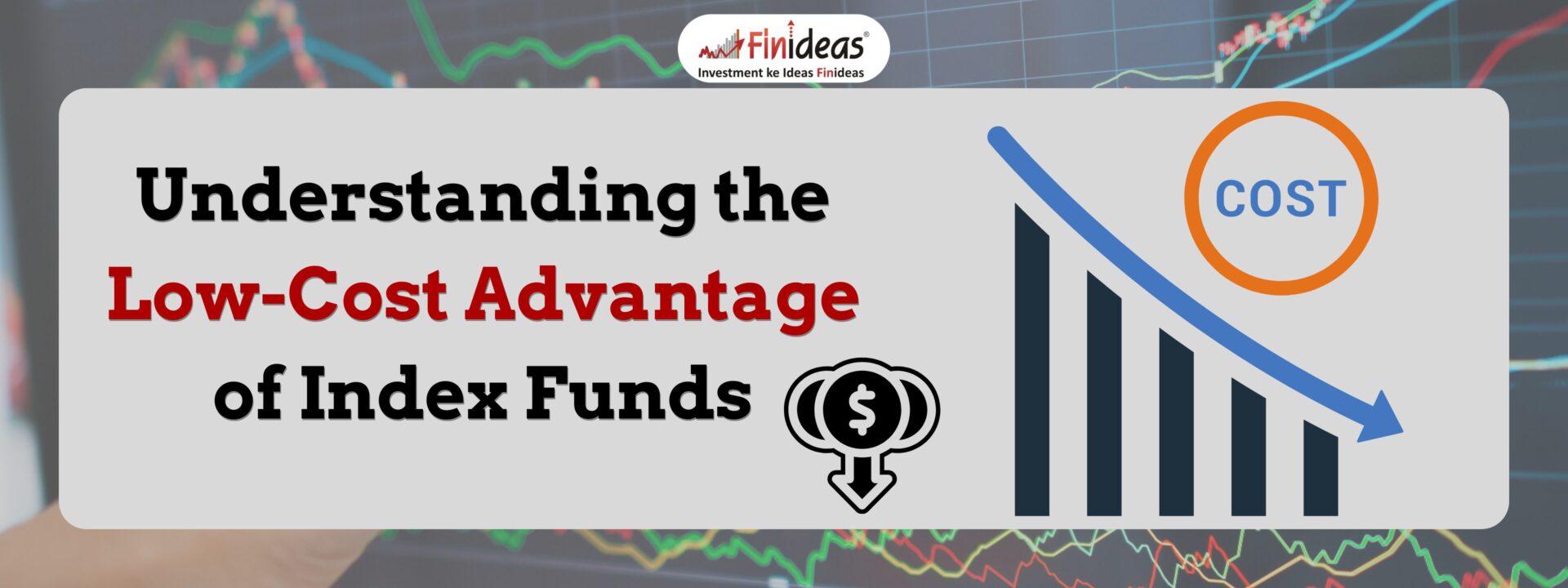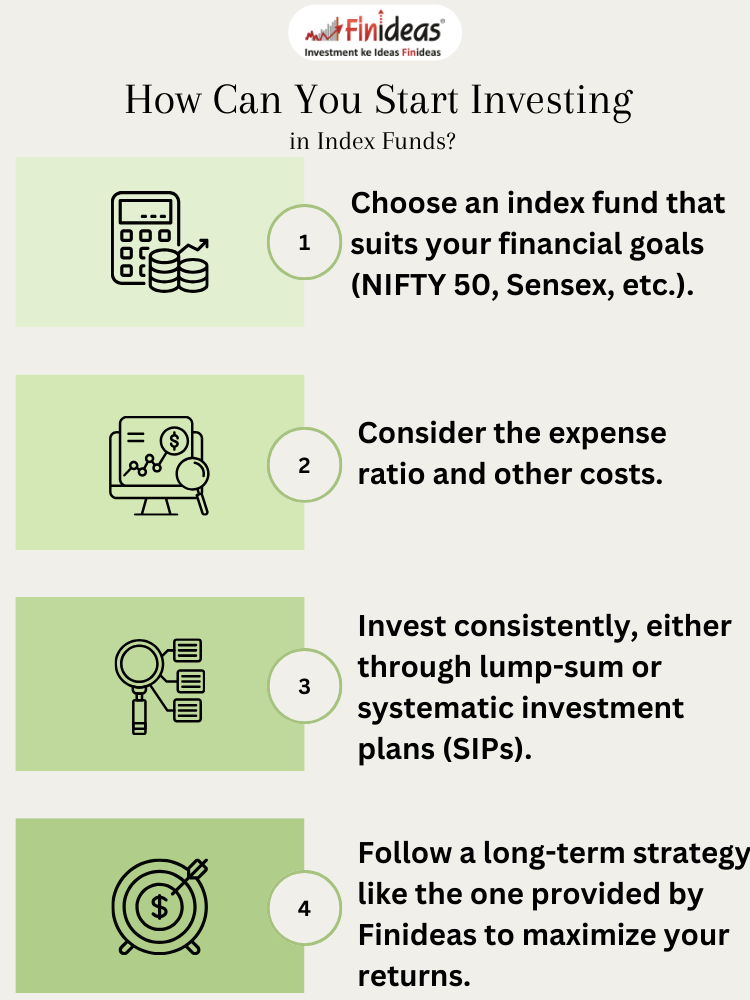Understanding the Low-Cost Advantage of Index Funds
What Are Index Funds and Why Are They Popular?
Index funds are a type of mutual fund designed to replicate the performance of a specific stock market index, such as the NIFTY 50 or Sensex. They aim to deliver the same returns as the index they track, making them an appealing option for long-term investors due to their simplicity and lower cost compared to actively managed funds.
Why Are Index Funds Considered Low-Cost Investments?
One of the most significant advantages of index funds is their low cost. But why are they cheaper? Unlike actively managed funds, where fund managers frequently buy and sell stocks, index funds merely track a fixed basket of stocks that reflect the index. This results in fewer transactions and, therefore, lower transaction costs and management fees.
For example, the expense ratio of a typical index fund can be as low as 0.20%, compared to actively managed funds, which may charge 1.50% or more. Over time, this cost difference can have a massive impact on your investment returns.
How Does the Low-Cost Advantage Impact Long-Term Returns?
The power of the low-cost advantage becomes more evident over the long term. To illustrate, let’s assume you invest ₹10,00,000 in two funds: one actively managed with a 1.50% expense ratio and an index fund with a 0.20% expense ratio. After 20 years, assuming both deliver the same market returns of 10% per year, the index fund would leave you with approximately ₹65.8 lakhs, whereas the actively managed fund would leave you with around ₹58.4 lakhs due to higher fees.
What Is the Index Long-Term Strategy of Finideas?
At Finideas, we believe that the Index Long Term Strategy (ILTS) is one of the best ways to maximize wealth through index funds. Our ILTS focuses on compounding wealth by leveraging the low-cost nature of index funds while staying invested over the long term. By avoiding frequent buying and selling, investors can minimize transaction costs, and over the years, compounding works its magic.
This strategy has proven successful for many investors, helping them build a significant corpus by simply following a disciplined, long-term approach with index funds like the NIFTY 50.
How Can You Start Investing in Index Funds?
To start investing in index funds, you’ll need to:
- Choose an index fund that suits your financial goals (NIFTY 50, Sensex, etc.).
- Consider the expense ratio and other costs.
- Invest consistently, either through lump-sum or systematic investment plans (SIPs).
- Follow a long-term strategy like the one provided by Finideas to maximize your returns.
Why Should You Choose Index Funds for Long-Term Investments?
Index funds are ideal for long-term investments due to their ability to deliver consistent market returns at a low cost. With minimal management fees and low turnover, they let investors keep more of their earnings over time. This makes them a smart choice for anyone looking to build wealth efficiently over decades.
Have you considered the long-term benefits of index funds in your investment portfolio? Let us know your thoughts in the comments below!
Happy Investing!
This article is for education purpose only. Kindly consult with your financial advisor before doing any kind of investment..


